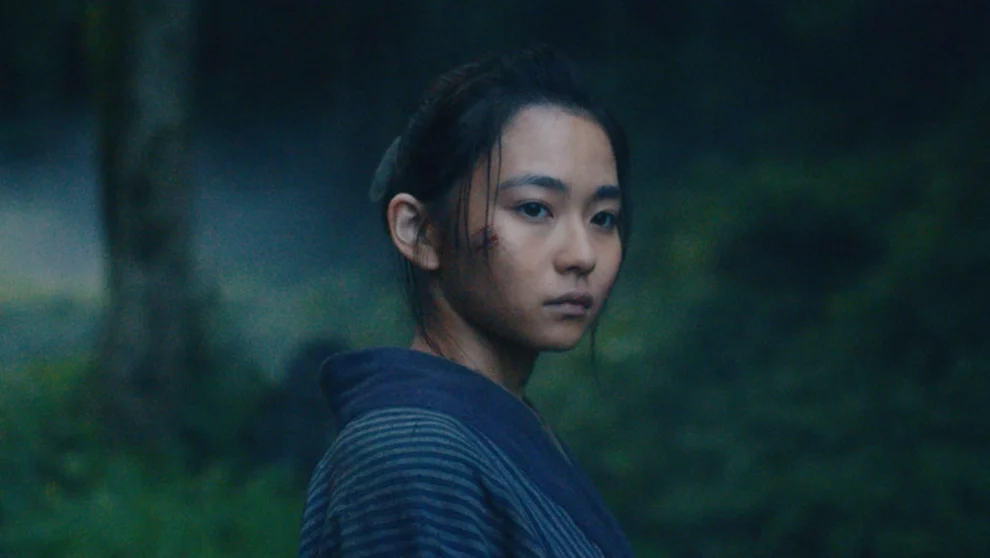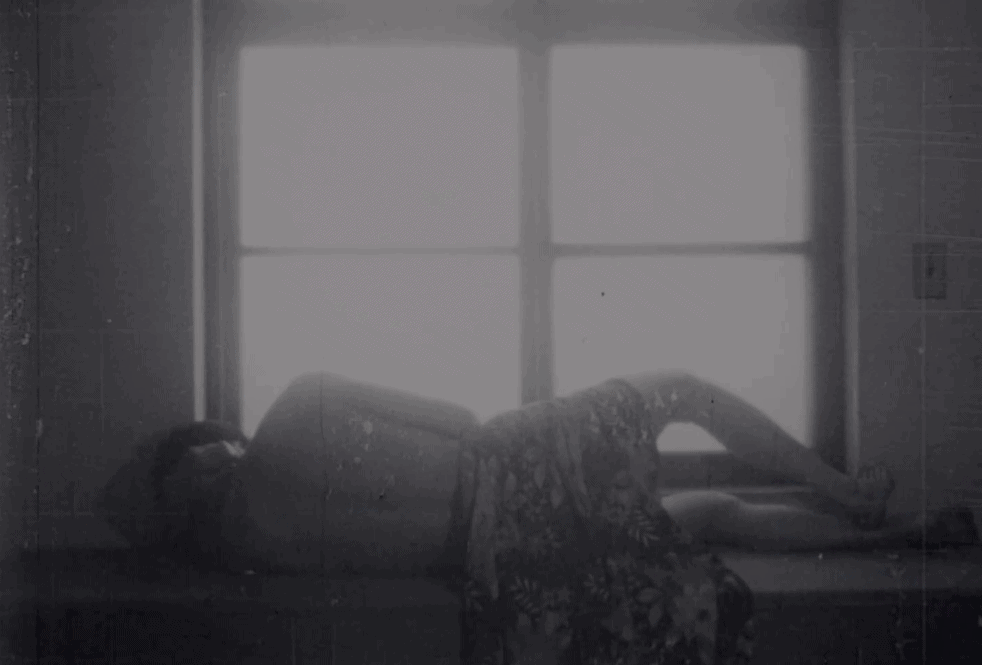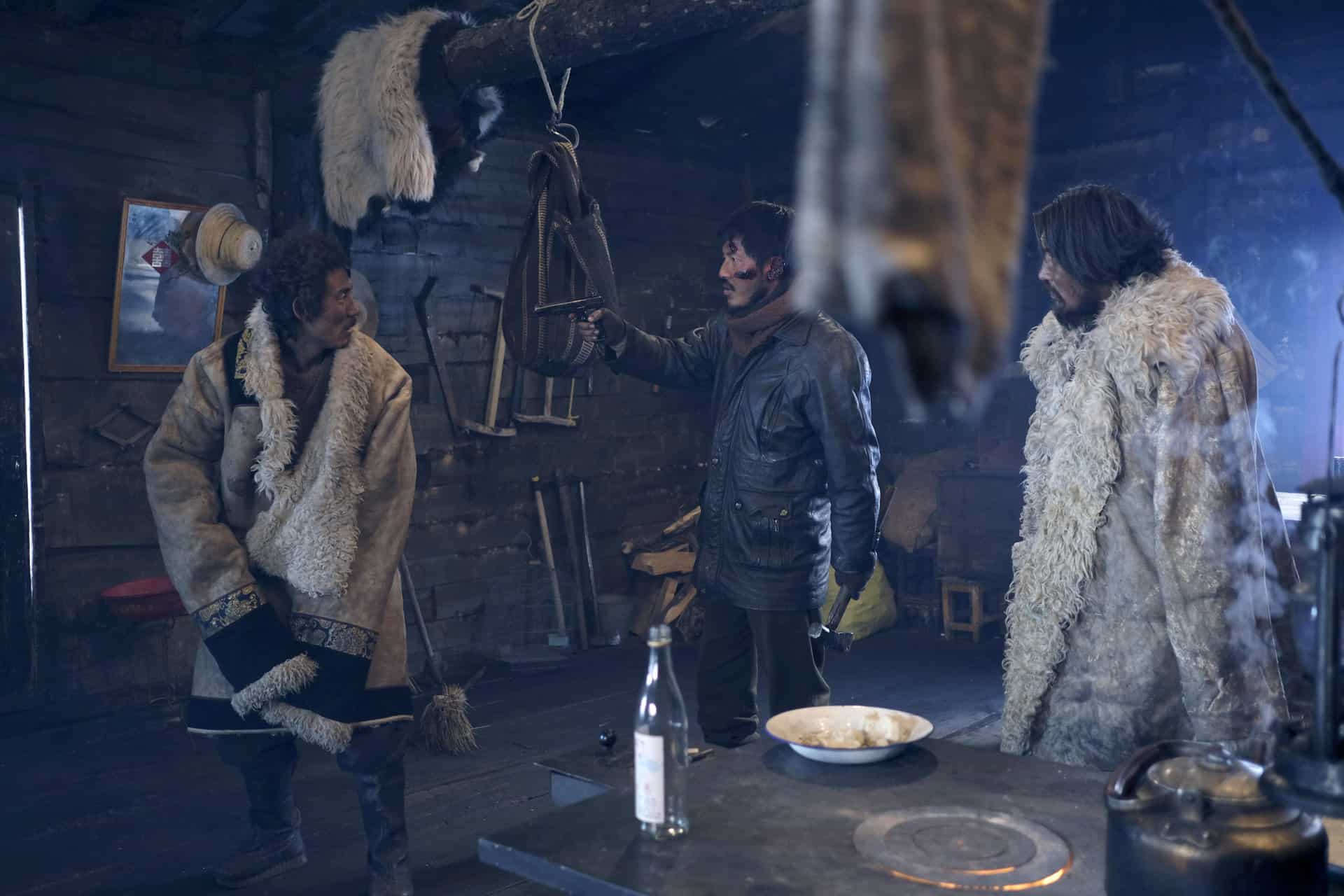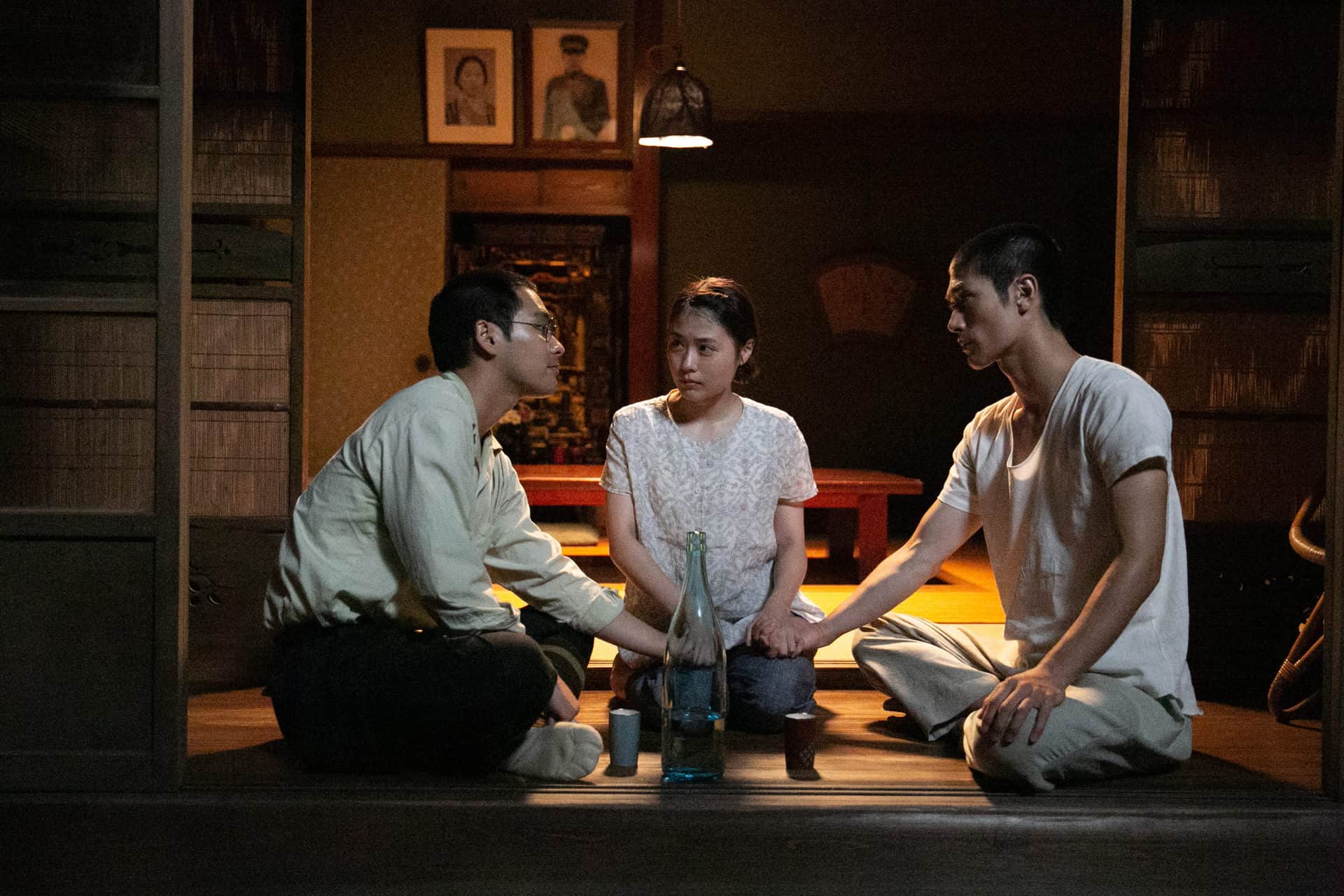Takeshi Fukunaga has proven himself to be one of Japan's most exciting directors in recent years, receiving accolades for both “Out of My Hand” (2015) and “Ainu Mosir” (2020). His latest project, “Mountain Woman”, marks the director's first-period piece, as he takes us back to 18th-century Tohoku. A tale of famine, strife, and survival, the film is a sensitive and uncompromising meditation on finding oneness and liberation.
Mountain Woman is screening at Nippon Connection

In a rural village in feudal Japan, a poor harvest has yielded a dire famine. Rin (Anna Yamada) and her family are at the bottom of the food chain, outcast by their fellow villagers on account of a past crime. When tensions come to a head, and Rin's father, Ihei (Masatoshi Nagase), finds himself in trouble, she is driven away from the village and into the nearby Mount Hayachine, a place to which the spirits of the dead are said to ascend. As the situation in her hometown worsens, Rin escapes into a quiet existence, far from the persecution and desperation of the village.
Check also this review
“Mountain Woman” lets you know exactly what type of film it is during its opening moments, showing us the harsh reality of Rin's world in the most brutal fashion. Fukunaga's vision of feudal Japan is one of poverty and misfortune, as fruitless farming conditions push the already impoverished villagers to the brink, perhaps even a little beyond. The village observes a traditional hierarchy with the chief's bloodline prioritized over everyone else's, even during times of need when food is scarce and sacrifices are required. The injustice of this pecking order is plain to see; the ageing chief is hardly the most capable of leaders.
Rin and her family are the bottom feeders in this society, landless and vilified as a result of a thieving ancestor. The dutiful daughter, who cares greatly for her physically challenged brother, is a far cry from her jaded father, a man who's willing to do anything to redeem his bloodline and prevent further humiliation. The difference in how Rin and Ihei manage the hand they've been dealt is a matter of pride and outlook on life – Rin is obedient and empathetic, whilst her father is a scornful man who values status.
The extreme lengths to which Rin's father goes ultimately define her fate, as his failings kickstart her spiritual journey. Rin's ascent into the mountain becomes one of liberation. Out in the wilds of Mt. Hayachine, she's freer than ever, despite the tribulations of living in the wild. She's aided in her fight for survival by the mysterious Mountain Man (Mirai Moriyama), a hairy, silent figure who even the wolves seem to fear. Whether he's a mountain spirit, a hermit, or another ex-villager is never made clear, but the tender relationship between the two is deeper than that of a mere pseudo-father-daughter bond.
Rin's retreat into the mountain encapsulates the desire to escape from life's hardships and leave everything behind. It's something we've all felt at one stage or another, no matter the severity of the challenges we face. This is a film where living is the hard choice and, in many ways, it's easier to be dead. By fleeing to Mt. Hayachine, Rin embraces a life away from the self-made troubles of man. The girl's newfound perspective on life is put to the test when she's dragged back into the villagers' hopeless situation. A nightmarish finale highlights the contrast between Rin and her former neighbors before offering a slither of hope that she might still find peace.
We have the pleasure of seeing Rin's journey through an ensemble of excellent performances, with Anna Yamada bringing stoicism and purity to the young woman through her muted performance. Fantastic also is the prolific Masatoshi Nagase, who cuts an increasingly unhinged figure as the bitter Ihei. Another key performance is that of Ryutaro Ninomiya, who plays Rin's admirer, Taizo. Caught between a sense of duty and of what's morally right, Taizo bridges the gap between village and mountain, Ninomiya capturing his emotional yet well-meaning nature.
Complementing the film's somber tone is a muted color palette that brings a touch of darkness to the lush countryside. We're treated to some wonderful shots of the landscape, both when Rin ponders Mt. Hayachine in the distance and when the young woman is in the forests of the mountain itself. Away from civilization, the isolated world of Hayachine is rich with wildlife and vegetation, a stark contrast to the desolate and barren village from which Rin has fled. Fukunaga invites us to sit with Rin and soak in the atmosphere of Hayachine, bathing in the beauty and tranquility pervading this spiritual place.
As some of the best period films do, “Mountain Woman” takes its historical setting and uses it to explore contemporary concerns of the individual and society. Hereditary guilt, social ostracization, and questions concerning religion all come to the fore in Takeshi Fukunaga's methodical feature. Some strikingly grizzled performances and gorgeous scenery complement an already stimulating narrative, all serving to make “Mountain Woman” a remarkably poignant period drama.















